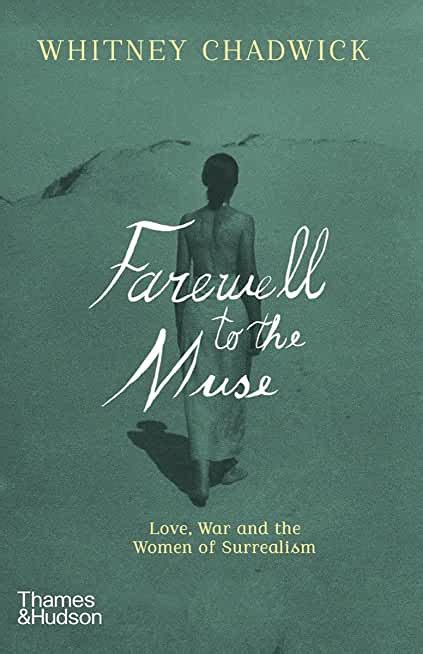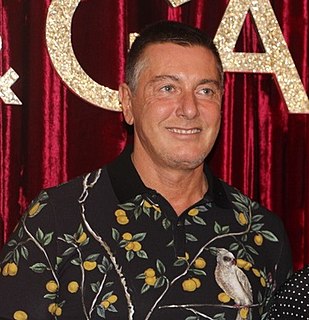A Quote by Sheila Kelley
I think the culture of the feminine needs to be reinvigorated and women need to build a culture that is connected all over the globe to reinforce this new-found power in the body. Women have been divided to be conquered. No one person did this. It's been a cultural evolution. The masculine nature is very out there and vocal and very much espousing their point of view, and God bless them. The female culture needs to learn to do the same.
Related Quotes
I soon began to sense a fundamental perceptual difficulty among male scholars (and some female ones) for which 'sexism' is too facile a term. It is really an intellectual defect, which might be termed 'patrivincialism' or patrochialism': the assumption that women are a subgroup, that men's culture is the 'real' world, that patriarchy is equivalent to culture and culture to patriarchy, that the 'great' or 'liberalizing' periods of history have been the same for women as for men.
The nineties as a pop cultural sphere was a really fertile time for feminism that was grounded and located in popular culture. I'm talking about before the Spice Girls - Sassy Magazine, riot grrrl, the Beastie Boys, Nirvana. You had this alternative culture that was very much speaking up on behalf of women and in favor of women.
No [I'm not a feminist] because I love men, and I think the idea of 'raise women to power, take the men away from the power' is never going to work out because you need balance. With myself, I'm very in touch with my masculine side. And I'm 50 percent feminine and 50 percent masculine, same as I think a lot of us are. And I think that is important to note. And also I think that if men went down and women rose to power, that wouldn't work either. We have to have a fine balance.
If you read a lot of Chinese literature, there has always been very strong women figures - warriors, swordswomen - who defended honor and loyalty with the men. So, it's not new to our culture - it's always been very much a part of it. It's good that now the Western audience would have a different image of the Chinese women.
Many teachers of the Sixties generation said "We will steal your children", and they did. A significant part of America has converted to the ideas of the 1960s - hedonism, self-indulgence and consumerism. For half of all Americans today, the Woodstock culture of the Sixties is the culture they grew up with - their traditional culture. For them, Judeo-Christian culture is outside the mainstream now. The counter-culture has become the dominant culture, and the former culture a dissident culture - something that is far out, and 'extreme'.
Women have been trained in our culture and society to ask for what we want instead of taking what we want. We've been really indoctrinated with this culture of permission. I think it's true for women, and I think it's true for people of color. It's historic, and it's unfortunate and has somehow become part of our DNA. But that time has passed.
This is a culture of female display. And the reason it's a culture of female display is that on the Upper East Side women far outnumber men, if you do the sex ratios. I can't say exactly what they are, but you could google it. People have said two to one. So, it's a female display culture because sex ratios are skewed toward men, and they sort of have their choice, even if they're married.... Also, women are economically dependent on men, and so there's that aspect of needing to perform your beauty and your scarcity.
Landscapes are culture before they are nature; constructs of the imagination projected onto wood and water and rock. It is... difficult to think of a single natural system that has not, for better or worse, been substantially modified by human culture. The cultural habits of humanity have always made room for the sacredness of nature.
The language of the culture also reflects the stories of the culture. One word or simple phrasal labels often describe the story adequately enough in what we have termed culturally common stories. To some extent, the stories of a culture are observable by inspecting the vocabulary of that culture. Often entire stories are embodied in one very culture-specific word. The story words unique to a culture reveal cultural differences.




































